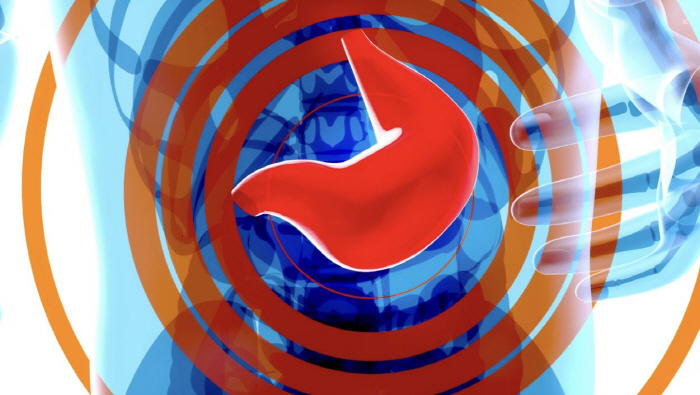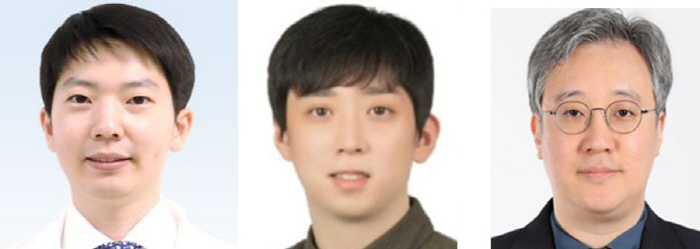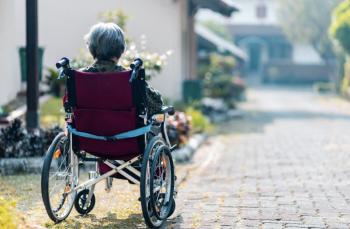People in their 20s and 30s with fatty liver and young cancer under the age of 50 are at high risk
Sep 23, 2025
|
Fatty liver disease is a disease in which fat accumulates excessively in liver cells, and it is caused by a combination of metabolic diseases such as obesity, diabetes, and hyperlipidemia as well as drinking. Care should be taken because there is a risk of worsening liver cancer through steatohepatitis and cirrhosis.
The prevalence of such fatty liver disease is rapidly increasing in younger age groups due to westernized eating habits and lack of exercise. According to a survey by the Local Liver Research Association, 34.3% (2017) of people in their 20s and 30s suffer from fatty liver disease.
The problem is that the risk of fatty liver disease in young people to whole-body organs other than the liver is still very limited. In particular, fatty liver disease is also estimated to have a significant impact on cancer, as the recent increase in 'early onset cancer' under the age of 50 shows a clear association with the trend of △ obesity rate increase △ alcohol intake △ physical activity decrease.
In order to verify the connection between fatty liver disease and early-onset cancer, the research team conducted a large-scale study of 2,877,245 people in their 20s and 30s who underwent national health checkups from 2013 to 2014 to track the incidence of 23 cancers throughout the body, including digestive, urinary, respiratory, and endocrine, for up to 10 years.
As a result, it was found that young fatty liver disease patients had an increased risk of early-onset cancer by about 20% compared to the general population, and a significantly increased likelihood of development in all types of fatty liver disease, including △metabolic abnormalities (19% increase) △metabolic and alcohol complexity (12% increase) △alcoholicity (21% increase).
Analysis by cancer type showed that obesity greatly increased the risk of 'obesity-related cancer (obesity-related cancer)', which acts as a cancer incidence factor. Typically, colorectal cancer had a relative risk of up to 1.32 times in young fatty liver disease patients, and kidney cancer (up to 1.53 times), thyroid cancer (up to 1.36 times), and endometrial cancer (up to 3.78 times) also had a significantly higher risk.
The study is significant in that it suggests that rapidly increasing obesity and fatty liver disease in young people are high-risk factors for developing cancer under the age of 50, and suggests the need for early cancer diagnosis guidelines for young adults exposed to these risks.
Professor Moon Jun-ho said "Cancer that develops before the age of 50 progresses quickly and is aggressive, so the prognosis may vary significantly depending on early diagnosis and treatment."Since many patients neglect symptoms of obesity and fatty liver disease because it is difficult to recognize them, an integrated screening strategy is needed to increase the diagnosis rate among young people and lead to cancer monitoring."
Meanwhile, the results of this study were published in the renowned international journal 『Clinical Gastroenterology and Heptology" (IF: 12.0) in the field of digestive organs.
|
This article was translated by Naver AI translator.















